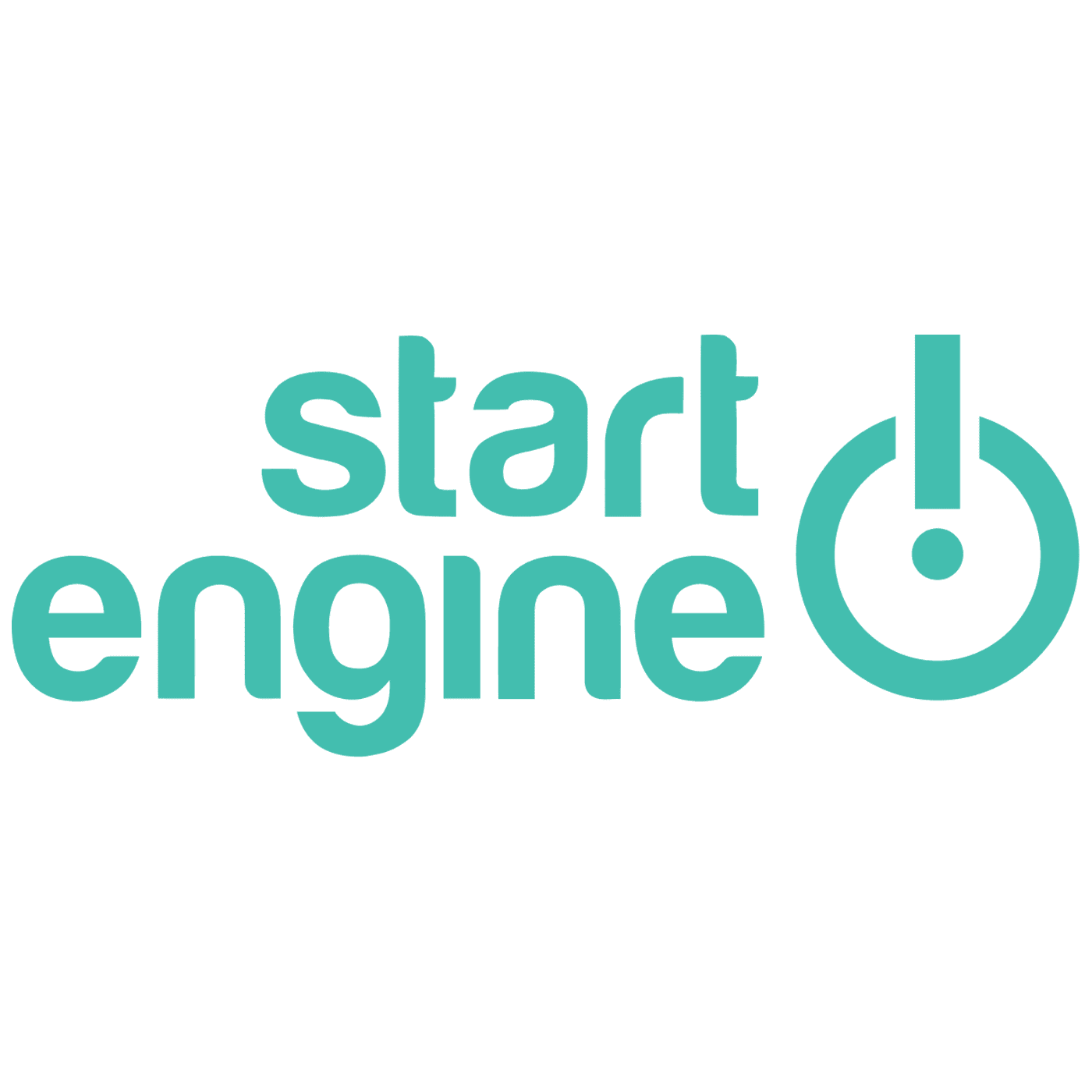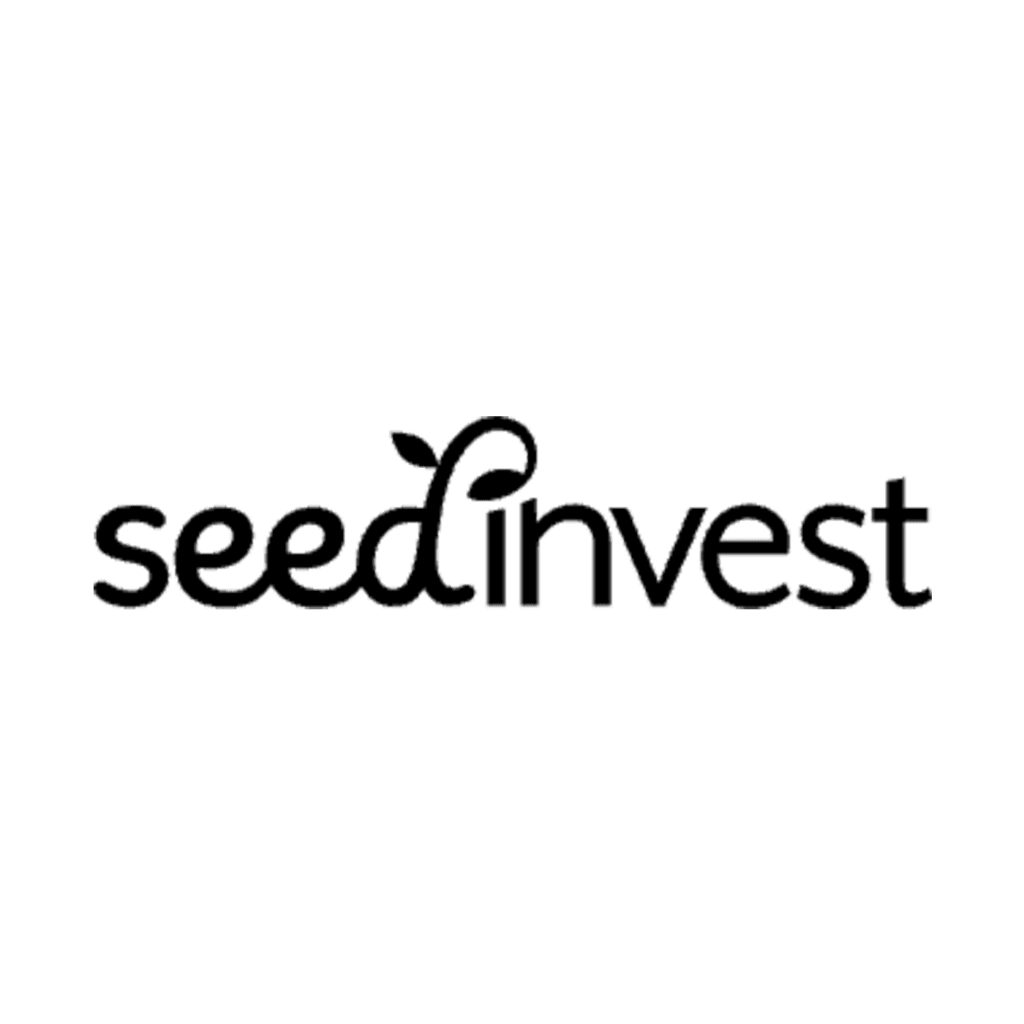Crowd Funding 101
How Crowdfunding Works
In crowdfunding, startup businesses are able to raise money from a large number of people, typically in small increments. This is done by creating a campaign on a crowdfunding platform where people can learn about the startup and make pledges to invest.
If the fundraising campaign is successful, the startup will receive the funds that were pledged. In return, investors may receive rewards or equity in the company, depending on the type of crowdfunding campaign.
Crowdfunding is a great way for startups to raise money without having to give up equity in their company. It’s also a good way to gauge interest in a product or service.
Types of Crowdfunding for Startups
Once you’ve decided that crowdfunding your business is the best option for you, your next decision is going to be the type of crowdfunding you choose. This decision will be guided by your ultimate plan for your startup as well as a few other factors, including how quickly you expect to turn a profit and your projection for the size of this profit.
It is vital to decide on the type of crowdfunding you intend to use before you choose a platform, as many crowdfunding sites are specifically geared to one method of fundraising. These are the two most popular types of startup crowdfunding:
- Equity Crowdfunding: In this type of crowdfunding, you will offer equity in your business in exchange for funding. If your startup has a long-term goal and is growth-focused, this is likely the best form of crowdfunding to consider. The amount of equity you offer (and the form it takes) will be completely up to you, but you’ll have to make it worth your investor’s time and money.
- Rewards Crowdfunding: This type of crowdfunding is particularly effective for creative startups and projects. Rather than offering a share in the business, you offer those donating to your cause a gift or reward in return. Of course, the reward does not need to match up in monetary value to the donation. The beauty of crowdfunding is that most donors are there for the pleasure of seeing something they believe in growing, so any reward they receive will be gratefully accepted.
- Debt Crowdfunding: Instead of a startup giving up equity in their business or types of rewards, they can essentially get a loan from a crowd of investors, which acts like debt. They will have to pay off the investment over a set period of time with accrued interest. This process is more efficient and easy than getting a regular bank loan, but startups need predictable cash flow to pay the loan back on schedule.
FAQ
What is crowdfunding?
Crowdfunding is the process of funding a project or venture by raising small amounts of money from a large number of people, typically via the internet. Crowdfunding has become popular in recent years as a way to raise money for a variety of projects, including artistic endeavors, charitable causes, and startup businesses.
What are crowdfunding sites?
There are a number of crowdfunding platforms available, each with its own unique set of features. These sites broker transactions between startups and investors and provide a platform where the two can come together.
How do crowdfunding sites make money?
Crowdfunding sites make money by charging a fee to startups for listing their project on the site. They also make money by taking a commission on the amount of money raised through the crowdfunding campaign. Some platforms will even charge investors a fee for making transactions through the site.
What are the best crowdfunding sites?
Some of the most popular crowdfunding platforms include Kickstarter, Indiegogo, and SeedInvest. These sites offer a variety of features that make them attractive to startup businesses and investors. There are other sites that are more popular in the region they operate, like Crowdcube in England.
Is crowdfunding a good way to raise money?
Crowdfunding can be a great way to raise money for a project or venture, but it’s not right for every situation. There are a number of factors to consider before launching a crowdfunding campaign, including the type of project you’re proposing and the audience you’re hoping to reach. It’s also important to understand the different types of crowdfunding platforms and how they work before choosing one to use.
What are some alternatives to crowdfunding for startups?
There are a number of alternatives to crowdfunding for startups, including venture capital, angel investing, and bank loans. Each of these options has its own set of benefits and drawbacks, so it’s important to do your research before deciding which is right for you.
Best Crowdfunding Sites for Startups Methodology
The TRUiC team evaluates each startup crowdfunding platform based on the following:
- Type of Crowdfunding:Several types of crowdfunding platforms exist, such as equity-based, reward-based, and debt crowdfunding.
- Platform Fees:Each crowdfunding platform will charge a different amount of fees. These can be applied to both investors and startups. Various factors influence the number of fees, including type of crowdfunding, percentage of funds raised, and whether the platform is all-or-nothing or keep-what-you-raise.
- Features:Some platforms only focus on raising funds while others provide additional resources to investors and startups, including networking events, financial support, data management, and more.
- Usability: Crowdfunding platforms that are more complex to use are often targeted toward accredited investors who are more literate in the startup financing business. Other platforms will be more accessible to everyday investors to increase the number of investors.
- Success Rates:The success rate is the percentage of projects that are successfully funded on the platform. This varies by platform and type of crowdfunding.
StartEngine
Pricing: 7%–12% platform fee based on method of investment and fees associated.
About: StartEngine Crowdfunding, Inc. has become a leader in the US equity crowdfunding space. According to its website, the platform has raised over $450 million through a combination of Regulation and Regulation A+ crowdfunding by using its subsidiaries, Start Engine Primary and Start Engine Capital. This funding has been split between over 500 startup offerings available on their platform to date.
Best For:
Startups with a long-term vision.
Growth-focused startups.
Pros:
The platform has an excellent reputation in the equity crowdfunding space.
The startup founder is in control of their offering.
Funding can be immediately collected after reaching $12,000.
Cons
Only US-based startups qualify.
Maximum funding amount set at $50 million under Regulation A+ and $1.07 million under Regulation crowdfunding.
Minimum funding goal of $10,000 applies.

Indiegogo

Pricing: 5% platform fee
About: Since its launch in 2008, Indiegogo has become one of the most popular crowdfunding websites across the globe, with over 19,000 campaigns launching monthly. Overall, Indiegogo’s capabilities, flexibility, and functionality are unparalleled. Plus, as one of the largest crowdfunding platforms available across the globe, campaigns have access to a wide range of investment opportunities.
Best For:
Startups overall.
Early-stage startups.
Startups looking to reach a global audience.
Pros
Services are available in 235 countries and territories worldwide.
Flexible requirements to start campaigns on the platform.
Able to connect with Facebook and Google to better promote campaigns.
Cons
In addition to the site’s 5% platform fee, there is a separate third-party payment processing charge.
Large number of campaigns on the platform.
Kickstarter
Pricing: 2.9% payment fees; 3% + $0.20 per pledge; 5% + $0.05 per pledge under $10
About: Kickstarter is one of the most popular and commonly known crowdfunding websites. Understandably so, the site has been in existence for over a decade and has over 15 million project backers in counting.
Best For:
Tech startups.
Art and design startups.
US, European, and Australia-based startups.
Pros
Kickstarter is a trusted, well-known platform.
Accepted campaigns have access to over 15 million project backers globally.
Services are available in six countries around the globe.
Cons
Highly competitive, meaning the approval process for projects can be difficult .
All campaigns must fall under one of Kickstarter’s pre-selected categories.

Fundable

Pricing: 3.5% payment fee + $0.30 per pledge; 5% platform fee for successful campaigns only
About: Fundable offers both equity crowdfunding and rewards-based crowdfunding options for startups on the platform. Unlike many other crowdfunding platforms, Fundable doesn’t simply take a percent of your earnings; users subscribe to the platform through a monthly fee and are able to create campaigns to raise money as long as they are approved by Fundable, which is highly beneficial for successful campaigns.
Best For:
Tech startups.
High-growth companies.
US-based startups.
Pros
Equity crowdfunded campaigns are able to keep funding if a goal isn’t reached.
Low monthly flat fee for subscribers.
Access to additional resources.
Cons
Startups cannot keep the funding they receive if their goal isn’t met unless they partake in equity crowdfunding.
You are required to pay the platform fee whether your campaign is successful or not.
US-based startups only.
SeedInvest
Pricing: 7.5% placement fee + 5% equity fee
About: SeedInvest is a crowdfunding platform built specifically for early- and seed-stage startups to increase the access they have to capital and introduce them to an extensive network of angel and venture capital investors. With over 235 startups successfully funded on the platform since its inception in 2012, startups that pass the strict vetting process have a likelihood of success in funding their project.
Best For
Pre-seed startups.
Early-stage startups.
Tech startups.
Pros
Startups looking to connect with angel investors and venture capital firms have the opportunity through this platform.
Unsuccessful campaigns are not responsible for paying fees .
Access to a wide network of investors and resources.
Cons
High fees for using the platform.
Strict vetting process.






